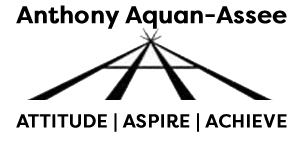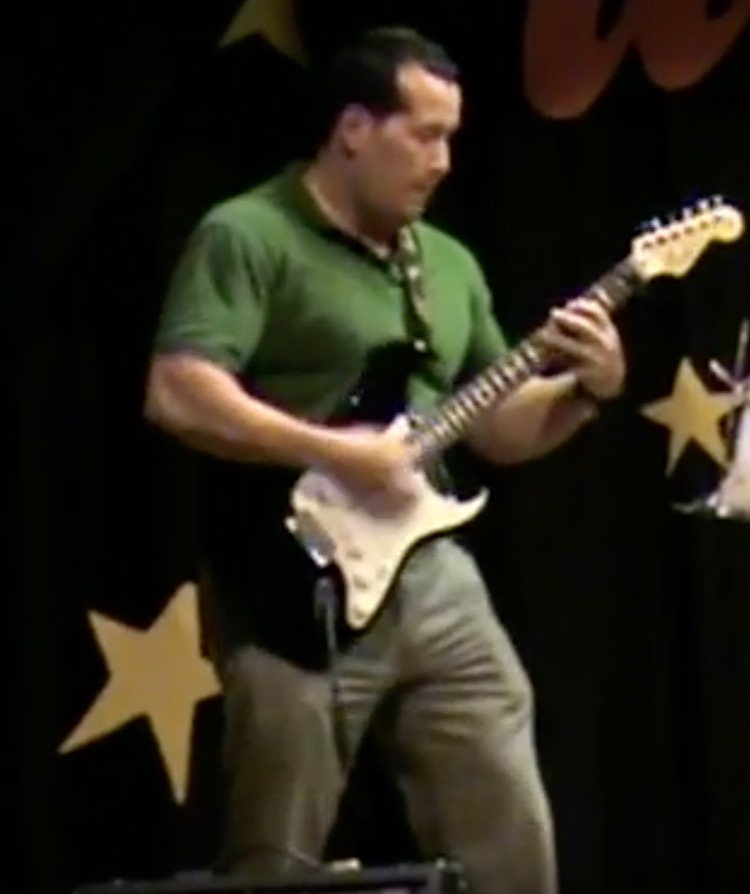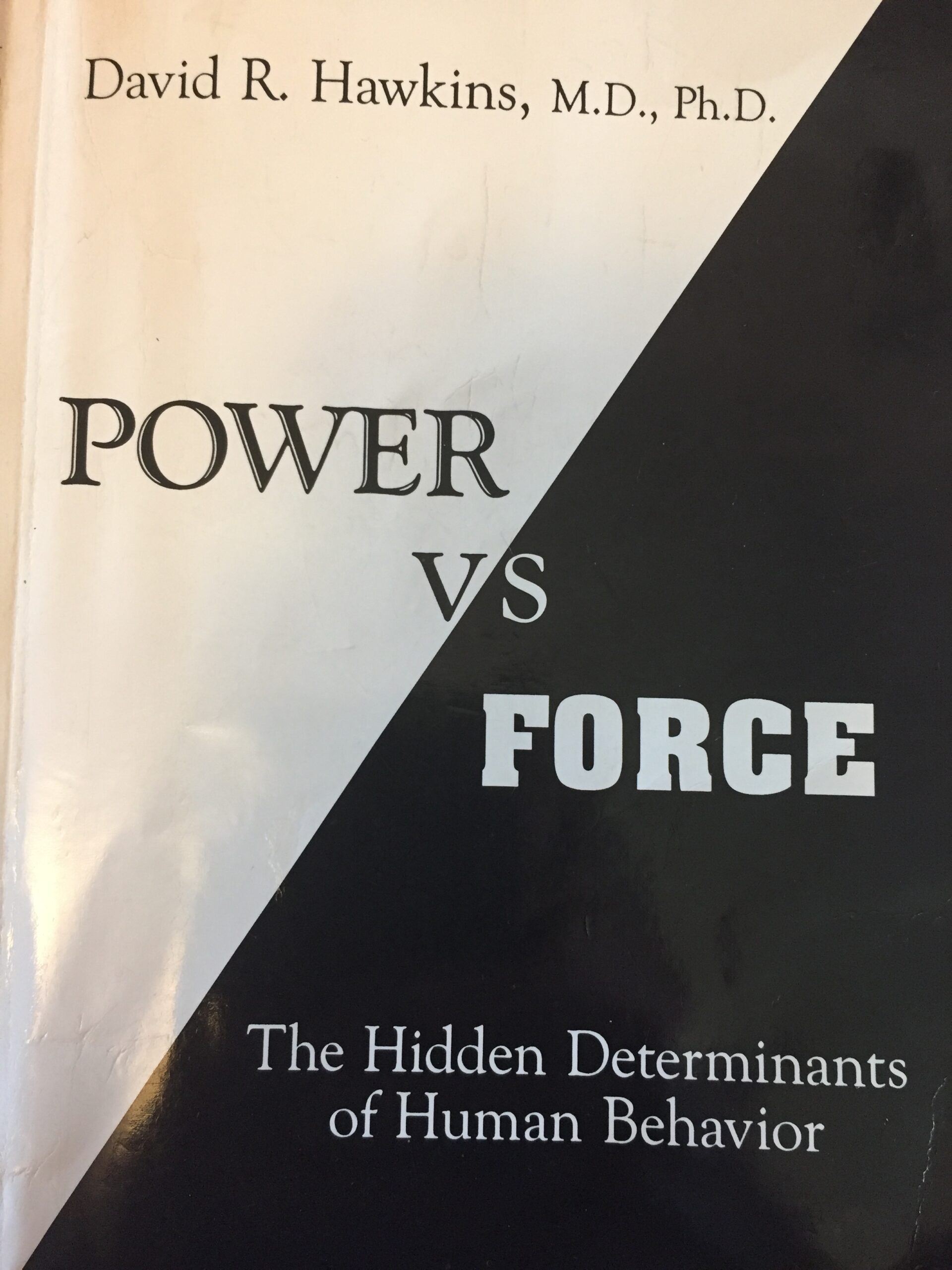A Brain Injury is an invisible disability.
The term disability includes a wide variety of conditions.
The Ontario Human Rights Commission states that a “disability may be the result of combination of impairments” and it is also something that is the result of barriers in our society, including the physical environment, people’s attitudes and other barriers that affect people’s full participation in society.
What I like about this definition is that it considers people’s attitudes a barrier that affects people’s full participation in society.
Hmmm !, this makes me think about my Brain Injury and how many people could not believe that I had sustained a brain injury because I looked normal. There are many challenges that come with a Brain Injury, including the fact that it is invisible, that make it very difficult for a Survivor to fully participate in society.
According to the International Brain Injury Association, (2021), brain injuries are the leading cause of death and disability worldwide. When one considers this frightening statistic, it is apparent that millions and millions of people would benefit if the focus was on building communities without barriers that excluded people with disabilities.
Imagine what we could all achieve if we lived in communities that were much more sensitive to people with disabilities.
Imagine this possibility 🙂 An implanted Neuro-computer chip that enabled people to search the internet using their brains. This idea would connect our brains to the internet.
The benefits would be amazing for all brain injury survivors. Imagine our memories !! They would be fantastic ! If this idea interests you, you might be interested in reading my book, “Vendeka’s Creed“.
I understand there are dangers associated with this, but these new dangers would create future opportunities for us to overcome.
If this were a possibility, I would like to be the first person in line. The internet and my iPhone have worked together to act as my external hard drive enabling me to function successfully in my job as an elementary school teacher.
Namaste,
References:
(1) The Ontario Human Rights Commission, http://www.ohrc.on.ca/en/policy
(2) Megan Easton, University of Toronto, Magazine
(3) International Brain Injury Association, 2021, https://www.internationalbrain.org


